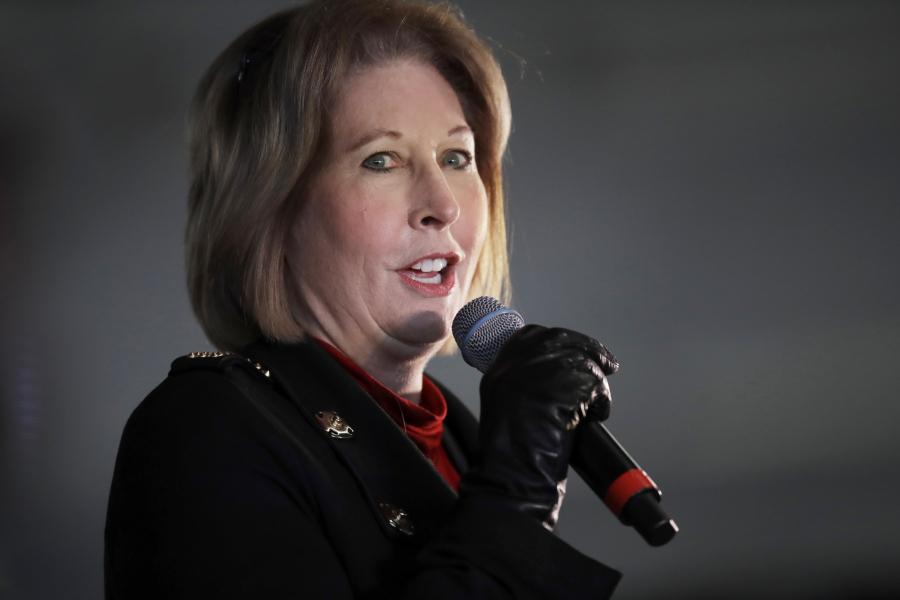The year 2023 in Atlanta will be forever remembered as the year a Fulton County grand jury indicted a former U.S. president. Formal charges of racketeering and 12 other felonies were brought against Donald Trump for allegedly overseeing a conspiracy that sought to overthrow the results of the 2020 presidential election in Georgia.
The indictment was major news across the globe. The events leading up to the charges and those that have played out afterwards have produced a steady supply of major developments in the case.
Here are some of the more notable ones.
‘It’s not a short list’
In early January, a brief court order reveals that the Fulton County special purpose grand jury investigating the election interference case has completed its work and finished its final report. The panel met in secret for eight months and heard testimony from about 75 witnesses.
After a few pages of the report are unsealed in February, jury foreperson Emily Kohrs grants interviews to the local and national media. “It’s not a short list,” she famously tells The Atlanta Journal-Constitution, when asked how many people the special grand jury recommended be indicted.



